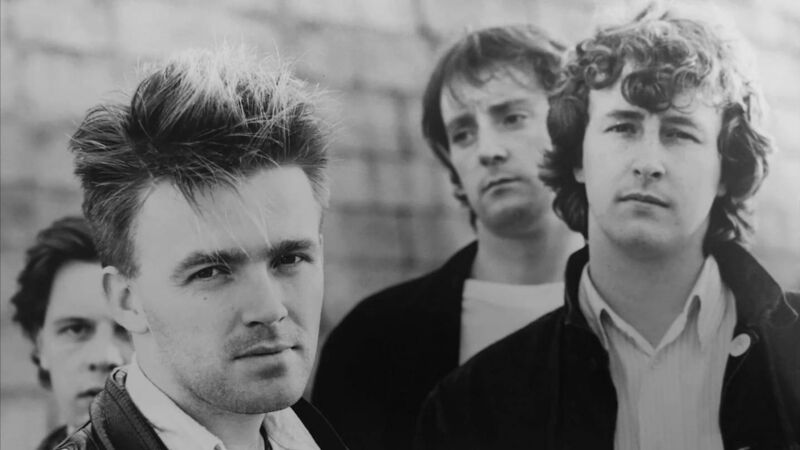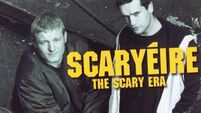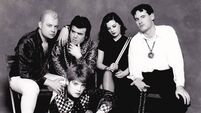Ireland in 50 Albums, No 2: Stuck Together With God’s Glue, by Something Happens

Something Happens: From left, Ray Harman,
It’s good to be young at any time but those of us in our first flush around 1990 were especially fortunate. Ireland was changing, few could have suspected how much, and we not only had Italia 90 to jump up and down to — we also had a great crop of Irish bands. First, or certainly jostling near the front, amongst them were Something Happens who released their superb second album Stuck Together With God’s Glue that year. They were already great; they were surely going to be massive.
The Happens got together in the mid-Eighties, first as a two-piece with Eamonn Ryan on drums and Alan Byrne on bass. Guitarist Ray Harman responded to a Hot Press small ad and they got in touch with singer Tom Dunne who had recently finished up with previous outfit The End. Like every other band in history they gigged wherever they could.







